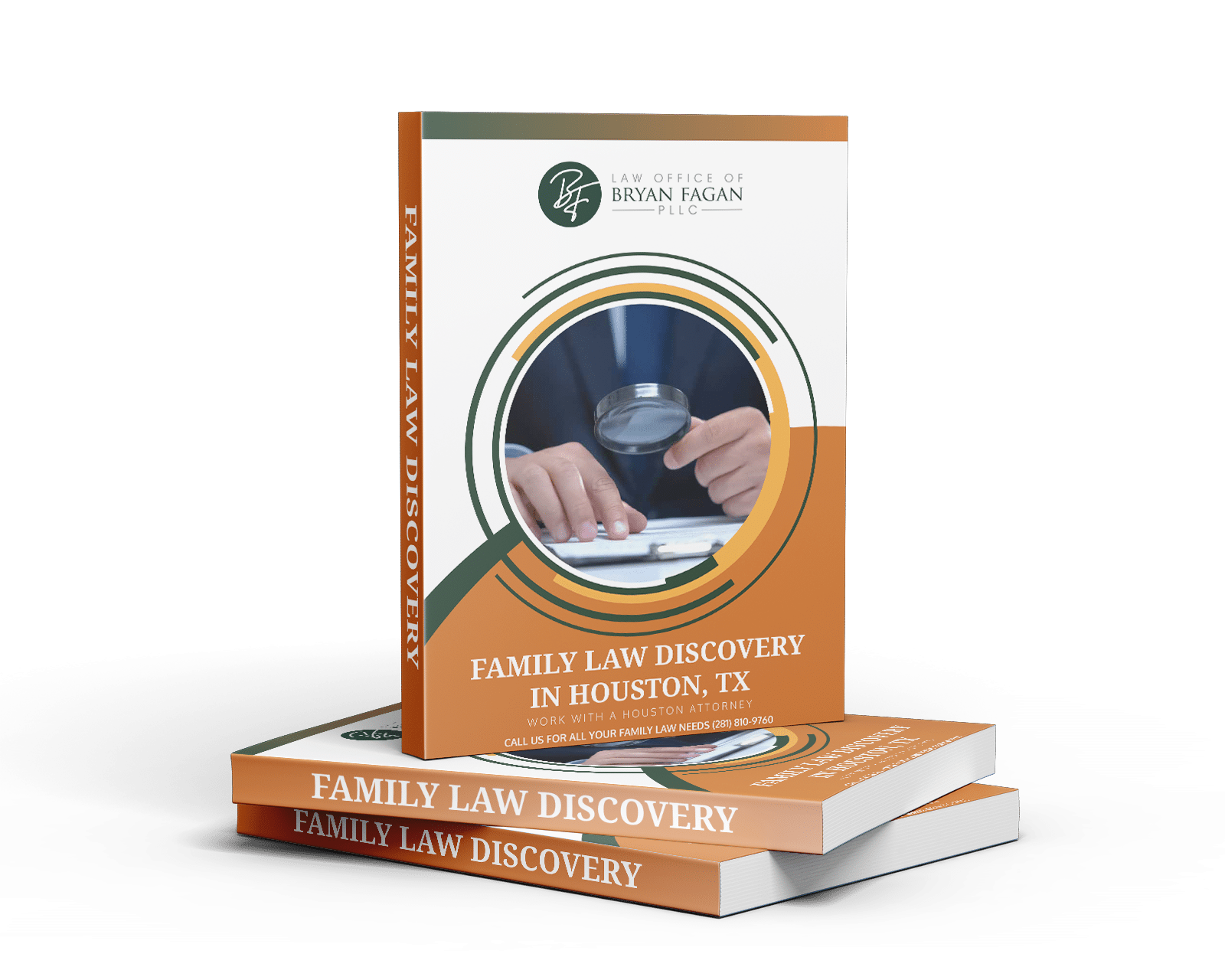
While a DIY divorce may seem like an affordable and efficient solution, it often leads to significant, costly mistakes. Without legal guidance, you risk making errors that can affect your financial future and long-term stability. From misinterpreting laws to overlooking essential financial details, do-it-yourself divorce mistakes can complicate the process and leave you with unexpected consequences. Here’s why seeking professional legal support is essential to ensure your divorce is handled correctly and your interests are fully protected.
Lack of Legal Expertise: Missing Crucial Steps
Handling a divorce on your own may seem straightforward, but the legal process involves complex paperwork and strict requirements. Missing a single step can lead to major complications and expenses.
Common Legal Mistakes
DIY divorce often results in incomplete documentation, overlooked legal requirements, or misinterpretation of legal terms. These errors can lead to a situation where courts request revisions, which not only delays the process but can also incur additional filing fees and administrative costs. Missing critical steps may also prevent a fair resolution, leaving you vulnerable to legal loopholes you may not even know exist.
Potential Delays and Added Costs
Attempting to correct mistakes after submission requires time and money. Each correction can delay proceedings, extend the timeline, and create new stress. Legal expertise ensures that all steps are covered accurately, avoiding these pitfalls and keeping the process on track.
Overlooking Financial Details and Asset Division
Dividing assets correctly requires a thorough understanding of financial and legal aspects. In DIY divorces, people often overlook key financial details, which can lead to unfair divisions and unexpected financial problems later.
Improperly dividing shared assets—such as homes, investments, and retirement funds—can have long-term effects on your financial stability. Failing to properly assess the value of assets, especially in cases with significant shared property, can lead to losses. Once an asset division is legally finalized, reversing it becomes nearly impossible, making it crucial to get it right the first time.
Common Financial Pitfalls
Many individuals handling their own divorce fail to account for tax implications, hidden debts, or joint liabilities. For example, transferring property without considering tax burdens could lead to significant taxes down the line. Additionally, overlooked debts can create financial strain, as creditors might hold you responsible for debts your ex-spouse was supposed to cover. Accurate financial assessment with professional guidance reduces these risks, ensuring a fair distribution.
Child Custody and Support Errors
For parents, DIY divorce can complicate child custody and support arrangements. Calculating support accurately and structuring custody agreements requires precise attention to detail, especially when children are involved.
Challenges in DIY Child Custody Arrangements
DIY custody agreements may lack clarity, creating confusion and instability for both parents and children. Without a properly structured custody arrangement, conflicts over visitation and shared responsibilities may arise, disrupting the family dynamic. Mistakes in support calculations also affect both financial stability and the quality of care your child receives.
Importance of Accurate Custody and Support Agreements
Clear, legally sound agreements are essential for maintaining stability. Professional support in setting up these arrangements helps prevent misunderstandings and ensures both parents meet their responsibilities. Properly structured agreements also provide a foundation for smoother co-parenting, reducing the likelihood of future disputes.

Emotional Costs: Heightened Stress and Conflict
Managing your own divorce involves handling legal procedures and emotionally charged decisions. This stress often leads to mistakes, miscommunications, and unnecessary conflicts.
Emotional Toll of DIY Divorce
Handling a divorce alone intensifies emotional strain, especially when balancing legal tasks with personal responsibilities. Without professional support, you may feel overwhelmed, leading to rushed decisions that don’t serve your best interests. The added stress can make it challenging to think clearly and navigate the process effectively.
Increased Conflict and Co-Parenting Difficulties
DIY divorces can exacerbate misunderstandings between spouses, increasing conflict. Unresolved disputes during the divorce process may carry over into co-parenting, making it difficult to maintain a positive, cooperative relationship. Legal guidance helps minimize conflicts and sets a framework that encourages smoother post-divorce interactions, especially when children are involved.
Legal Protections Lost: Missing Out on Key Rights
DIY divorce can lead to unintended sacrifices in your rights and protections, often without you realizing it until it’s too late. Issues like spousal support, division of assets, and custody arrangements require a solid understanding of legal rights to ensure a fair outcome.
Risks to Spousal Support and Financial Rights
Without professional guidance, you risk forfeiting spousal support and other financial protections. Many who pursue DIY divorce underestimate the complexities involved in calculating fair support. Missing out on these key rights can leave one party struggling financially post-divorce, especially when the division of assets is not handled with legal expertise.
Importance of Knowing State Laws
Each state has specific laws governing asset division, spousal support, and child custody. Failing to understand these laws can result in unfair settlements. An experienced attorney ensures you remain informed about your rights under state law, helping you secure a fair share of marital assets, property, and financial support. With legal guidance, you avoid costly mistakes that DIY methods often overlook, protecting your rights at every step.

The Value of Professional Guidance in Divorce
Working with an experienced divorce attorney brings significant benefits to your case, helping you avoid financial losses and emotional strain. Legal guidance reduces the chances of mistakes, delays, and misunderstandings.
Financial and Emotional Security
Investing in legal advice provides a sense of security for both your finances and your emotional well-being. An attorney ensures that the legal process is thorough, preventing financial losses due to improper settlements or errors in paperwork. By understanding your rights and options, you avoid costly repercussions that can affect your future.
Peace of Mind and Reduced Future Issues
With professional support, you gain peace of mind knowing your case is managed accurately and in compliance with legal requirements. Attorneys also reduce the risk of future issues that may arise from poorly managed DIY agreements. By working with an experienced legal professional, you create a strong foundation for a stable post-divorce life.
Conclusion: Why DIY Divorce Isn’t Always Worth the Risk
While a do-it-yourself divorce may appear to be an easy and cost-effective solution, it often results in significant mistakes that outweigh the initial savings. From jeopardizing financial security to making costly mistakes in custody arrangements, the long-term risks can be detrimental.
Opting for professional guidance is crucial to safeguard your rights, secure your financial future, and ensure a smoother divorce process. Investing in an experienced attorney can ultimately save you time, money, and stress, providing you with the stability and peace of mind you deserve moving forward.
Frequently Asked Question
The biggest mistake in divorce is often failing to understand the financial implications fully, including the division of assets and future financial obligations.
Representing yourself in a divorce can be a bad idea if you lack the legal knowledge and emotional detachment needed to navigate the complex legal system effectively.
Moving out can be a significant mistake in a divorce because it may impact custody decisions and could be seen as abandonment or relinquishing interest in marital property.
Dealing with a nasty divorce involves maintaining emotional composure, seeking professional legal and emotional support, and focusing on long-term goals rather than short-term victories.
The #1 cause of divorce is commonly cited as communication problems, leading to misunderstandings, resentment, and ultimately, separation.
You should not say anything that misrepresents the truth, withhold information relevant to your case, or make demands that are unrealistic or outside legal advice.
The disadvantages include a lack of legal expertise, the potential for overlooking legal rights, emotional involvement that can cloud judgment, and the risk of being taken advantage of by opposing counsel.
Studies and surveys suggest that the percentage of people who regret filing for divorce varies, but it can be significant, with some reports indicating that up to 50% of individuals may have regrets.
Other Related Articles:
- How Much Does a Simple Divorce Cost in Texas? – 2025 Guide
- Breaking Down Divorce Costs in Texas What to Expect and How to Budget
- Essential Documents to Gather When You Get a Divorce in Texas
- Does Hiring a Divorce Lawyer Save You Money in the Long Run?
- Texas Divorce and Your Credit Score: Essential Financial Advice
- The Hidden Risks of a DIY Divorce in Texas
- Wrangling Your Own Destiny: DIY Divorce in Texas
- Avoid These Costly DIY Divorce Mistakes: A Survival Guide
- Can You Get Divorced Without a Lawyer in Texas? The Ultimate DIY Guide
- Step-by-Step Guide: How to Set an Uncontested Divorce for Final Hearing in Texas





